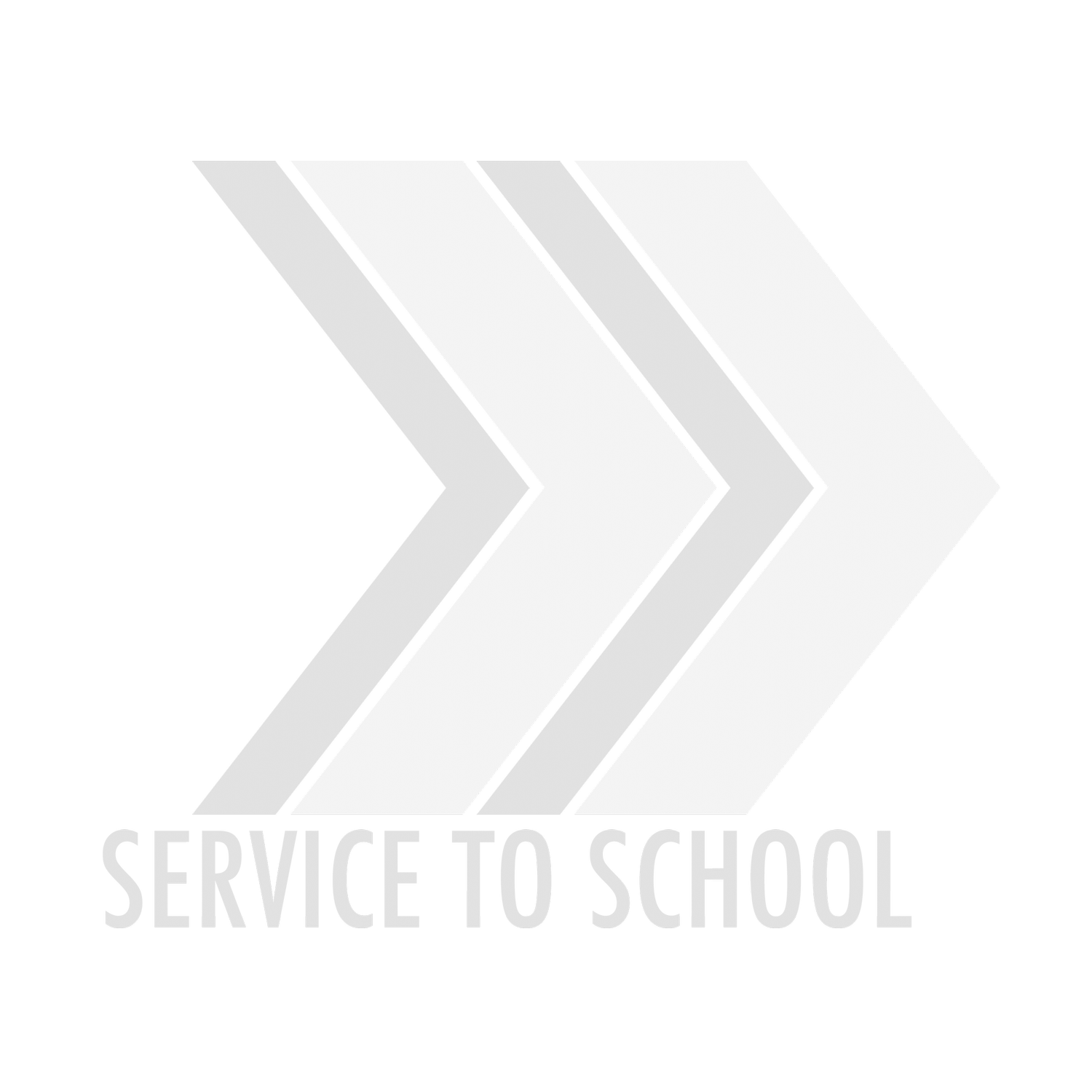Luke Hixson– from Navy Hospital Corpsman to studying neuroscience at Princeton University!
Tell us about yourself, Luke!
Hometown: Knoxville, TN
Fun Fact About Yourself: My siblings and I are all adopted. My brother was adopted from Memphis, TN, and my sister and I were adopted from China.
What did you do in the military: I served 5 years as a Navy Hospital Corpsman. My first duty station was at Camp Pendleton, CA, with 1st Battalion, 5th Marines, where I was assigned to Bravo Co. as their Senior Line Corpsman. My second duty station was at Edson Range, a small medical clinic that served the recruits and Marines completing their training down at Marine Corps Recruit Depot- San Diego. I was the lab supervisor, responsible for all Point of Care testing within the clinic, including iStat, rapid COVID-19 tests, Monospot, and Hemoglobin, as well as a phlebotomy room.
What was your proudest accomplishment in the military? My proudest moment was seeing all my training, knowledge, and ability to work within a team materialize during Integrated Training Exercise 4-19. One of my Marines was accidentally shot during a night, live-fire range. Thankfully, the medical team was able to stabilize the patient, turn over with EMS, and the Marine made a 95% recovery. Knowing I made a direct impact with my Marines is my proudest accomplishment in the military.
School and Intended Degree: Neuroscience (w/ a minor in Global Health & Health Policy), Princeton University, Class of 2025
Why did you decide to pursue higher education? I decided to pursue Neuroscience because I have always been interested with how the brain works, and how drugs, TBIs, or trauma affect the brain’s chemistry. While I currently don’t know much about neuroscience, I look forward to pursuing this premedical track.
The military instills leadership, discipline, and focus in its service-members. Combine those traits with intellectual curiosity and Vwa-Lah! You’ll have the tools to succeed through whatever school may throw your way.
How has the transition been from the military to civilian life? My transition from the military to civilian life has been amazing. I knew going through the transition process that it is common to have a “honeymoon phase” after your EAS, and its easy to slip into periods of depressive episodes once the honeymoon phase ends.
I checked into the VA Mental Health Department and keep in touch with a few handful of fellow Corpsmen and Marines I served with. My transition has been smooth thus far because I have been fortunate enough to have a support system full of mentors. Don’t be afraid to ask for help.
How did you hear about Service to School? I first heard through S2S through mutual connections. My girlfriend’s mother went to high school with General (Ret.) Joseph Votel, who sits on S2S’s Board of Directors. Once he found out I was interested in pursuing higher education, he shared S2S with me and connected me with Jim Selbe!
What was the biggest benefit to using Service to School throughout the application process? The biggest benefit using S2S is the networking opportunities within the VetLink Partnership and within the student-veteran community. Especially during unprecedented times, one of my concerns during the application process was, “How do I feel a sense of community at these schools.” During my application process, I was able to schedule phone calls, webinars, or even exchange texts/emails with Deans of Admissions, current student veterans, or veteran alumni from many of the schools I applied for.
I think this is very beneficial due to the many questions I had that tend to be specific to nontraditional students, such as as residency requirements, accommodations within the classroom settings, and resources for tutoring/academic advising. Rather than sift through the challenges of finding veteran resources on these schools’ websites, I was able to chat directly with Staff Members directly in charge of transfer/nontraditional/veteran students.
What are you most excited about in regards to starting school? What’s your favorite part about the school you chose to matriculate at? I’m super excited to integrate myself into a diverse student body and begin my premedical education. Some of my future classmates have lives that are worlds apart from the life that I have had. The beauty of being an incoming student veteran is my story, my life, and my experiences are just as unique as my fellow peers.
One thing I loved about Princeton University is the small, college town vibe it gives off. I also love the idea that research is built into the curriculum through the Junior Paper and Senior Thesis requirements. When you combine this with Princeton’s generous financial aid and their focus on its undergraduate students, the possibilities with research, experiences, and networking are endless.
What are your goals post-graduation? I plan on attending medical school after I receive my undergraduate education.
Luke’s advice for future veteran applicants:
The best advice I can give is not to be afraid of asking for help. The network within S2S can put you in touch with student veterans at the undergraduate, graduate, or even post-graduate levels. Mind you, these are veterans who have walked similar paths as you throughout their academic journey. Lean on them for advice, questions, or literally anything. At the end of the day, veterans want to help other veterans. Use that to your advantage but remember that the mission isn’t accomplished just because you get your acceptance letter(s). It’s just the beginning of your academic adventure!

